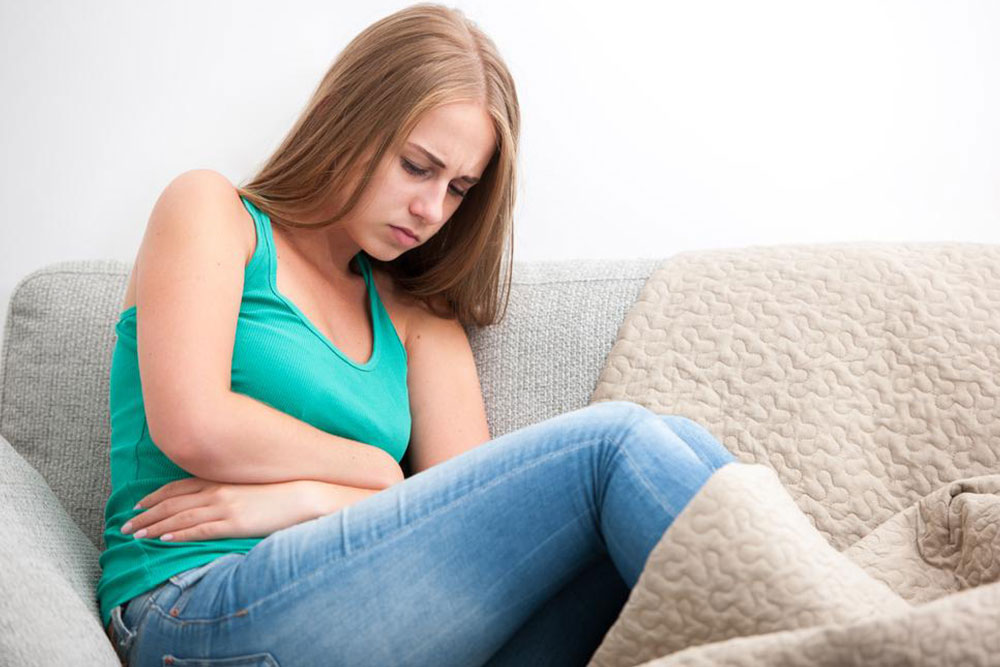The symptoms and causes of a fallen bladder
The bladder is encompassed by the pelvis and carries out the function of storing urine in the body. When an individual feels the urge to urinate, it is the bladder that is pressurized by the filling of urine. While urinating, the fluid passes through the bladder before getting flushed out of the body.
In case of a fallen bladder, the pressure exerted on the body leads to the body slipping down below. This condition is suffered by women when the front wall of the vagina becomes weak due to several stressful excursions on the body. Fallen bladder or prolapsed bladder brings with it several complications that lead to discomfort and stress.

Fallen bladder symptoms
- Several signs indicate fallen bladder. However, in case the condition hasn’t entirely developed or is in the initial stage, a woman may not see symptoms at all.
- A woman who suffers from this condition will immediately feel a sense of pain in the lower back. This pain becomes excruciating over a period.
- One may also feel a lump in the vagina. This is a fallen bladder symptom that leads many women to realize about the condition immediately.
- When a urinating, one begins to feel a lot of pain around the vagina.
Causes of fallen bladder
- Pregnancy and childbirth are one of the major cause of fallen bladder. During delivery, the woman’s body goes through stress. The muscles of the vagina and pelvic floor get stretched and can become loose. The stress on these tissues leads to a fallen bladder.
- Menopause disrupts the production of estrogen. This is the hormone that is essential in strengthening the muscles of the vagina.
- In several cases, the constant practice of lifting very heavy objects can cause fallen bladder. Also, people who suffer from chronic constipation are at a higher risk of suffering from fallen bladder due to damaged pelvic muscles.
As soon as a woman notices any fallen bladder symptoms, she should visit the doctor and get a thorough examination done. Timely medical attention and care can prevent the condition from becoming worse. Also, the symptoms and complications can be controlled to ease the pain and inconvenience.

